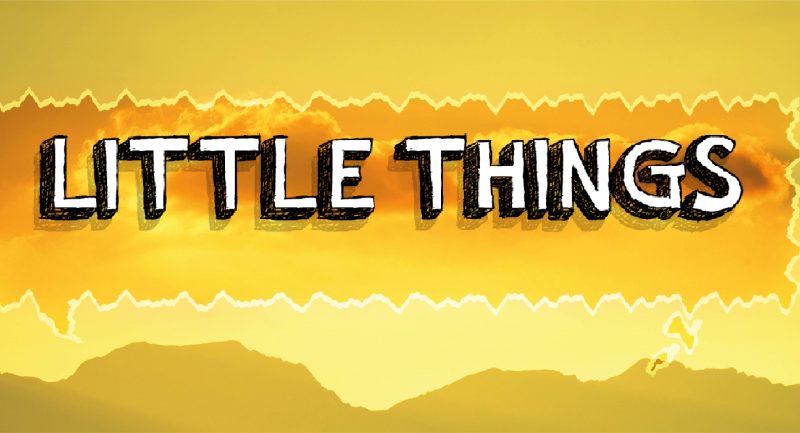
Freedom of Speech is one of the pivotal fundamental rights granted by the Constitution to the citizens of India. Abhinav Chandrachud’s Republic of Rhetoric brings to light the law of free speech in India and how it has transformed over the years. Also analysing the present law relating to obscenity and free speech, this book evaluates whether the enactment of the Constitution made a significant difference to the right to free speech.
Here are 7 things about the law of freedom of speech that will leave you stunned.
A closer look at its history and evolution reveals that the enactment of the Constitution made little or no substantive difference to the right to free speech in India.

The Indian Press Act, 1910, said that the government could not ask a newspaper to furnish a security of more than Rs 2000, while later, the Indian Press (Emergency Powers) Act, 1931, said that the security could not exceed Rs 1000.

This decision was perhaps taken because members of the Sub-Committee believed that non-citizens could not be trusted with the right to free speech because they would not necessarily have had India’s best interests at heart.

No person can show his film to the public without a certificate from the Censor Board.

After the enactment of the Constitution, laws relating to hate speech in India have only been strengthened.

The inclusion of the word ‘reasonable’ in Article 19(2) was an important compromise.

Judgments of the Supreme Court and the Punjab, Patna and Madras High Courts had made it difficult for the government to restrict hate speech or speech which promoted enmity between different groups

Which aspect of the freedom of speech surprised you the most? Tell us.










